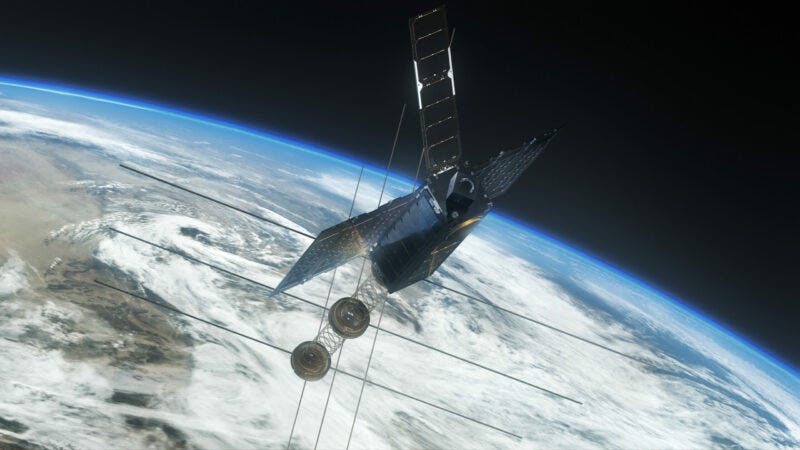VHF Data Exchange System (VDES) Demonstrated from Space
Swedish YMIR-1 Satellite Marks Milestone in Maritime Communication
A Swedish-built satellite has successfully demonstrated the first space-based VHF Data Exchange System (VDES) capability, marking a breakthrough in maritime communication technology. The YMIR-1 satellite, developed by AAC Clyde Space in partnership with ORBCOMM and Saab, completed live data exchanges with vessels including the Stena Germanica ferry oper…




